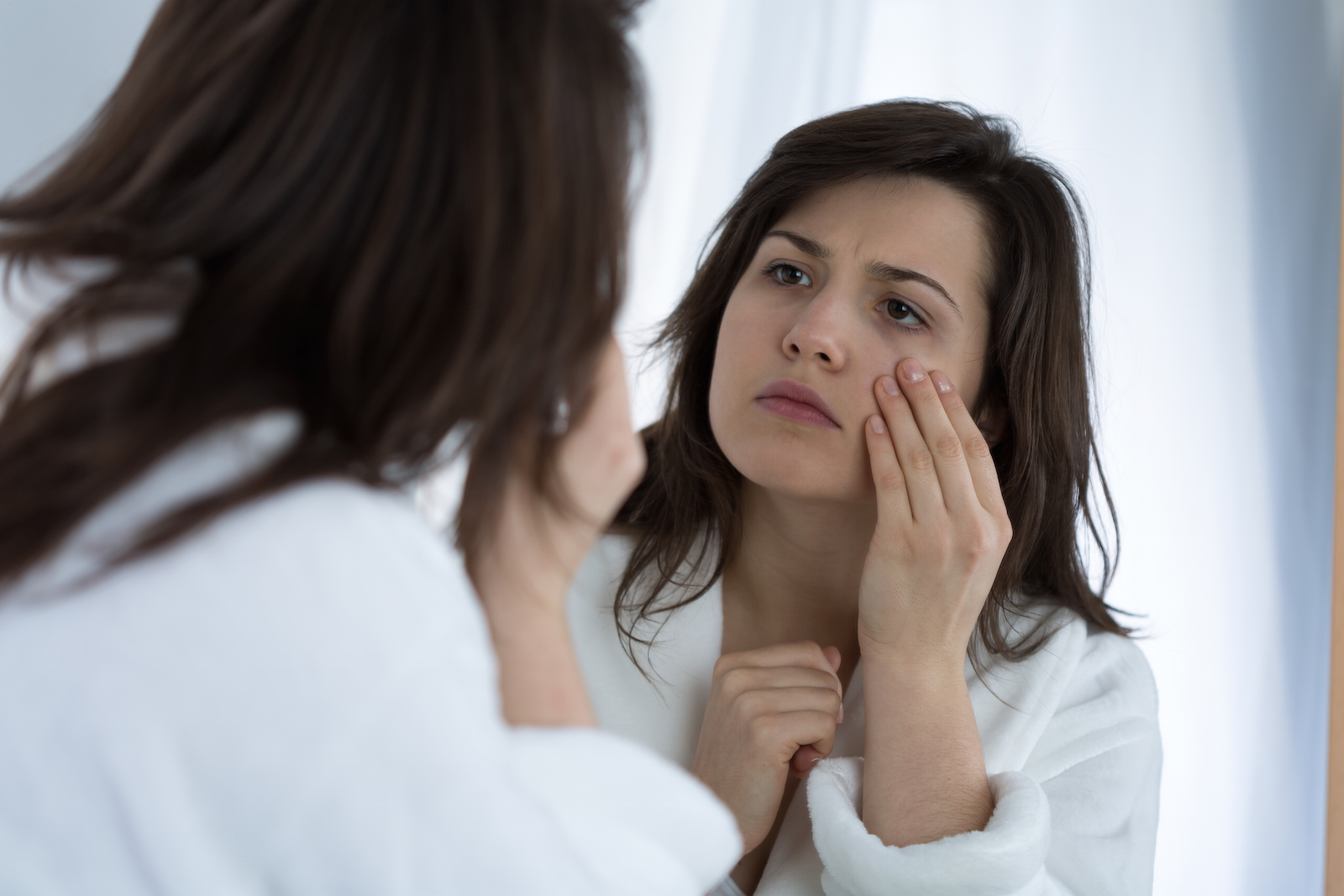By Emma Stessman
You’ve probably been hearing a lot about gut health lately. Like, a lot, a lot. And it turns out those little bacteria in your belly are stealing the spotlight in the wellness world for many good reasons.
The microbes in your gut really do affect your health in major ways, from immunity to mental health. And according to Sara Gottfried, MD, the New York Times bestselling author of The Hormone Reset Diet and Younger, they’re linked to another super important aspect that you may have never considered—how balanced your hormones are.
“If your hormones are like a symphony, then your gut microbiome is the conductor,” says Dr. Gottfried. “Your gut microbiome regulates your hormones carefully. When your gut microbiome is healthy, it does its job well. But when it is unhealthy, it throws your hormones out of tune and can cause all sorts of problems.”
Those problems can range from common hormonal conditions like PCOS and thyroid disorders to issues that you may not typically consider to be connected to hormonal imbalances, like inflammatory bowel disease and psoriasis, she says.
After reading her blog post on the topic, we knew we had to sit down with Dr. Gottfried to get the full scoop on how your gut health and hormones are connected––and what to do if you think there might be an issue.
The Role of Your Gut Microbiome in Hormonal Imbalances
Microbiome is a fancy science word that describes the trillions of bacteria that live all over your body, and the gut is one of their favorite places to take up residence. Microbiota in your GI tract play a big role in digestion and weight maintenance, and they’re also a key player in the endocrine system––the hormonal messaging network for organs and cells.
Dr. Gottfried explains that, among other functions, gut microbiota are responsible for synthesizing, releasing, and regulating many of your hormones as well as “telling the other glands in the body how much or how little of each hormone they should be creating and releasing.” So, it only makes sense that if the bacteria in your gut are out of whack, some of your hormones may be as well.
RELATED: Why Balancing Your Hormones is Super Important

How exactly does the connection work?
Let’s take estrogen, for example. For women, estrogen is a super important hormone for regulating the menstrual cycle. When you have too much circulating in your body (which is known as estrogen dominance), it can lead to uncomfortable symptoms like weight gain, mood swings, and painful periods.
Here’s where the microbiome comes in: your estrogen levels are actually controlled by a specific group of bacteria in your gut, called the estrobolome, Dr. Gottfried explains. So, when there’s an imbalance in the gut, the estrobolome releases an abundance of a certain enzyme, beta-glucuronidase, that causes bad estrogens to continually circulate through your system. “[It’s] like bad karma,” Dr Gottfried says. “They just keep cycling back around.”
In addition to estrogen, explains Dr. Gottfried, gut microbiota can also affect melatonin (which regulates sleep), norepinephrine and epinephrine (two hormones related to stress) and thyroid hormones. That means issues with your gut health could be linked to symptoms like chronic fatigue and weight gain.
RELATED: You Need to Know This Before Getting Tested for a Thyroid Problem

How to Fix Hormonal Imbalances via Gut Health
When it comes to hormonal imbalances in her own patients, “I always consider gut causes from the start,” Dr. Gottfried says.
If you suspect you have a hormonal imbalance that may be tied to your gut, there are a number of tests that you and your MD can run (you can learn more about each of them on Dr. Gottfried’s blog) to determine if your microbiome is the issue.
RELATED: 4 Easy Ways to Improve Your Digestive Health
From there, if your gut health is compromised, it’s as simple as getting to the root of the problem and adding a few healthy microbe-supporting practices to your routine.
Dr. Gottfried recommends removing sugary foods, getting as much fiber as you can from vegetables on the daily, eating plenty of fermented foods, and taking a daily probiotic to support your microbiome (she recommends one with the bifidobacterium strain).
And hey, even if you’re not struggling with a hormonal imbalance, considering how deeply your microbiome impacts your overall health, it’s a good idea to start incorporatitng some of these daily practices into your routine, anyway.
(Photos: Shutterstock)





























